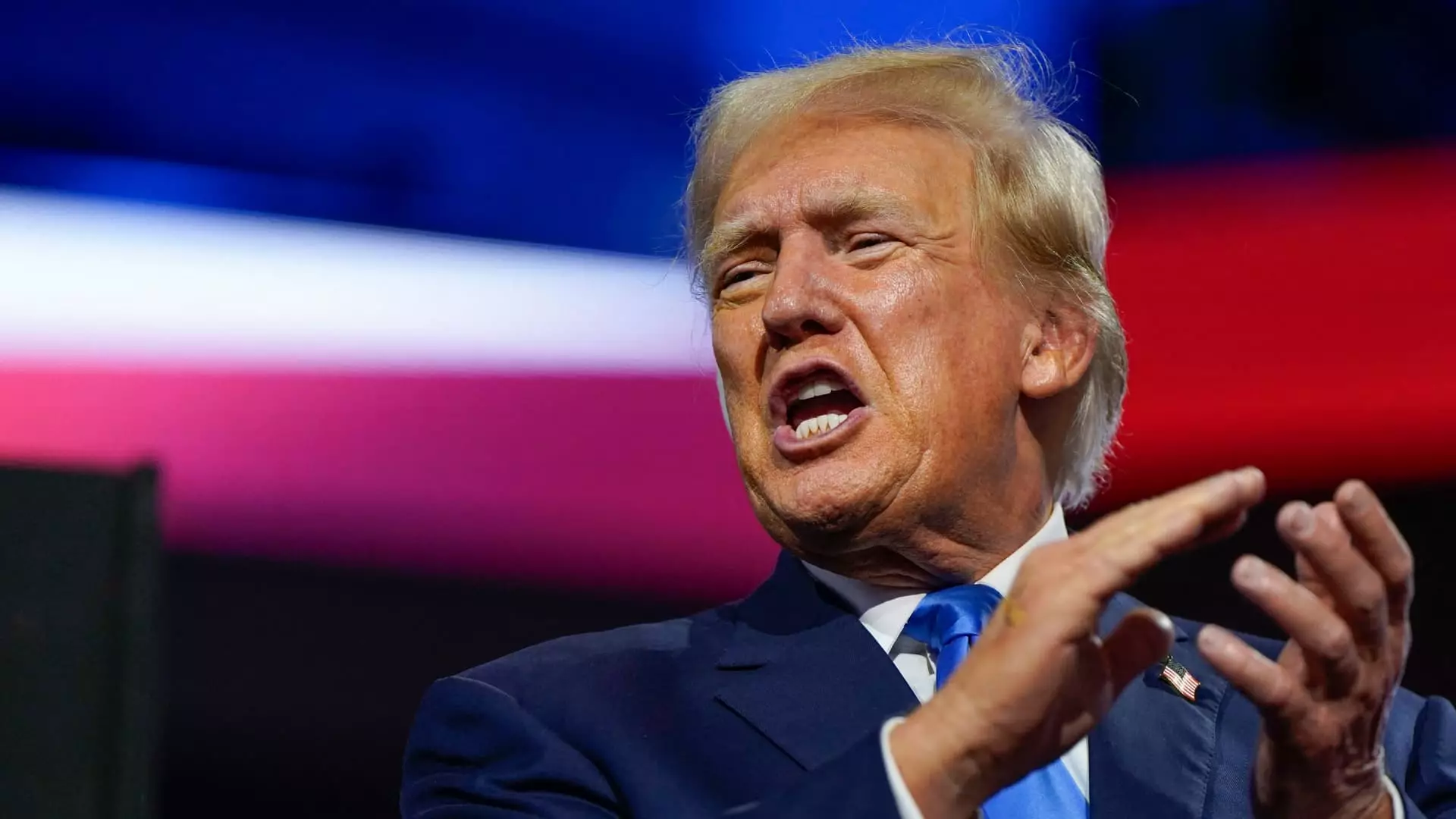The recent nomination of Donald Trump as the Republican presidential candidate has brought renewed attention to Project 2025, a comprehensive policy plan developed by The Heritage Foundation and over 100 other conservative organizations. This initiative, encapsulated in the 900-page “Mandate for Leadership,” aims to revolutionize the U.S. income tax system and restructure the Internal Revenue Service (IRS). Despite its purported benefits for enhancing economic prosperity and streamlining government operations, Project 2025 has ignited a fierce political debate between Democrats and Republicans about its potential impact on the nation.
While President Biden and the Democratic Party have portrayed Project 2025 as a blueprint for Trump’s second term in office, Trump himself has distanced from the initiative. In a post on Truth Social, Trump claimed ignorance of Project 2025 and disavowed any involvement in its formulation. However, contradictory statements have emerged from former Trump officials, who were closely associated with the project. The Heritage Foundation, the architect of Project 2025, has remained tight-lipped on the matter, emphasizing that the initiative does not align with any specific political campaign.
One of the most contentious aspects of Project 2025 is its ambitious tax reform agenda. The plan advocates for a simplified two-rate individual tax system with rates of 15% and 30%, thereby departing from the current seven brackets approach. Additionally, Project 2025 proposes the elimination of various deductions and credits to broaden the tax base. While these changes could result in tax cuts for some individuals, particularly high-income earners, the overall impact remains subject to legislative approval in a divided Congress.
In addition to tax reforms, Project 2025 aims to overhaul the IRS by reducing its budget and enhancing accountability through increased funding for the Office of the Taxpayer Advocate. These proposed changes have raised concerns about the potential consequences for taxpayers, as well as the effectiveness of IRS operations. The project also recommends a thorough review of information reporting practices to streamline tax compliance and improve transparency.
Another area of contention within Project 2025 is its approach to trade policy, particularly in relation to tariffs. Divergent opinions exist on the issue, with conflicting views on the effectiveness of tariffs in promoting American manufacturing and safeguarding national interests. While some experts advocate for a reduction or elimination of tariffs to foster global trade relations, others, including former Trump administration officials, support a more protectionist stance to prioritize domestic industries.
As Project 2025 continues to generate debate and scrutiny among policymakers and experts, its ultimate fate remains uncertain. The clash of ideological perspectives, coupled with the complex interplay of political forces, underscores the challenges inherent in implementing comprehensive policy changes. While the goals of Project 2025 may resonate with some segments of the population, the practicality and feasibility of its proposals hinge on a myriad of factors, including legislative support, public opinion, and economic realities. Only time will tell whether Project 2025 will become a transformative force in shaping the future of American governance and fiscal policy.

